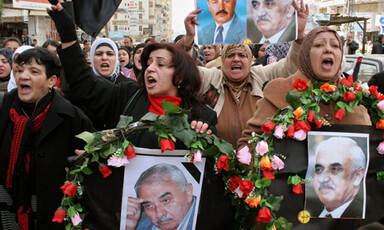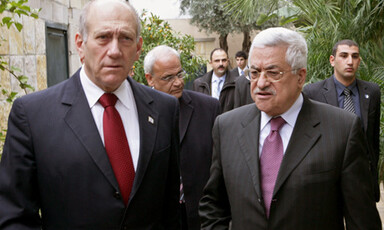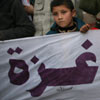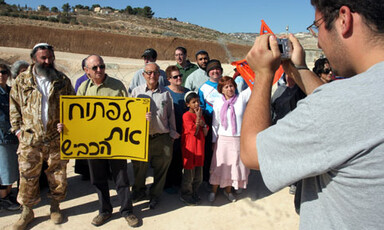
George Habash's contribution to the Palestinian struggle
30 January 2008
I lived more than half of my life in the US and I never felt the alienation that I felt on the day I read George Habash, the Palestinian revolutionary who passed away last week, labeled as a “terrorism tactician” in a front page obituary in The New York Times. What do you when they want to convince you that a kind and gentle man you met and respected as a person is a terrorist when you know otherwise? As’ad AbuKhalil reflects on George Habash as a model of revolutionary struggle. Read more about George Habash's contribution to the Palestinian struggle








